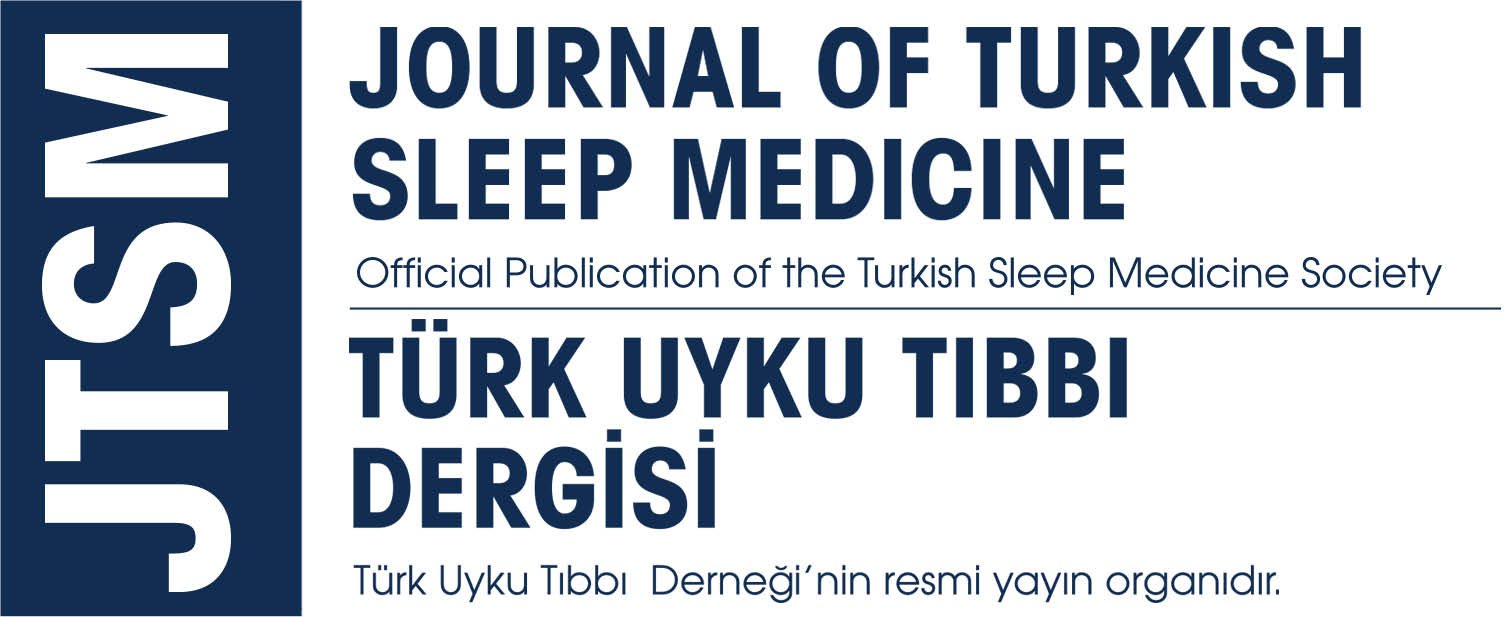ABSTRACT
Sleep and memory are complex phenomena that are not fully understood, and the underlying mechanisms are still not fully understood. Besides being an adaptive behavior, sleep can modulate plasticity in the brain at the level of synaptic connections between neurons and neuronal plasticity affects sleep. Understanding how sleep is modulated by internal and external stimuli and how sleep modulates memory and plasticity is a key question in neuroscience. Sleep is characterized as a brain state that optimizes the memory consolidation. Although the initial encoding of a memory is a fast process, its long-term maintenance requires processes that continue to replace relevant data for hours or even years. The general name of this process is memory consolidation and the replacement of existing memories is the reconsolidation process. Memory consolidation refers to a process in which unstable newly formed memory traces are progressively transformed into long-term memories and become more resistant to interaction, although they may remain susceptible to further updates and modifications. Consolidation results from the reactivation of recently encoded neuronal memory representations that occur during slow-wave activity and transform the relevant representations into long-term memory for integration. Continued rapid eye movement sleep can stabilize transformed memories. According to recent research, sleep-related consolidation processes can be placed in different sizes for different types of memory. Slow wave activity, which is restorative sleep, is hypothesized to play an important role in memory by processing and consolidating newly acquired information. In this review, general research was conducted on the relationship between sleep and memory.
Keywords:
Sleep, memory, consolidation, reconsolidation, slow wave activity
References
1Bryant NB, Nadel L, Gómez RL. Associations between sleep and episodic memory updating. Hippocampus 2020;30:794-805.
2Beck J, Loretz E, Rasch B. Exposure to relaxing words during sleep promotes slow-wave sleep and subjective sleep quality. Sleep 2021;44:zsab148. doi: 10.1093/sleep/zsab148
3Mander BA, Winer JR, Walker MP. Sleep and Human Aging. Neuron 2017;94:19-36.
4Dissel S. Drosophila as a Model to Study the Relationship Between Sleep, Plasticity, and Memory. Front Physiol 2020;11:533.
5Nader K, Hardt O. A single standard for memory: the case for reconsolidation. Nat Rev Neurosci 2009;10:224-34.
6Lokhandwala S, Spencer RMC. Slow wave sleep in naps supports episodic memories in early childhood. Dev Sci 2021;24:e13035. doi: 10.1111/desc.13035
7Grimaldi D, Papalambros NA, Zee PC, Malkani RG. Neurostimulation techniques to enhance sleep and improve cognition in aging. Neurobiol Dis 2020;141:104865. doi: 10.1016/j.nbd.2020.104865
8Moyano MD, Diekelmann S, Pedreira ME, Forcato C. Sleep accelerates re-stabilization of human declarative memories. Neurobiol Learn Mem 2019;162:1-8.
9Keenan S, Hirshkowitz M. Sleep stage scoring. In: Kryger MH, Roth T, Dement WC (eds). Principles and Practice of Sleep Medicine Elsevier (6th edition). Philadelphia, Elsevier, 2017;1567-75.
10Petzka M, Charest I, Balanos GM, Staresina BP. Does sleep-dependent consolidation favour weak memories? Cortex 2021;134:65-75.
11Feld GB, Born J. Neurochemical mechanisms for memory processing during sleep: basic findings in humans and neuropsychiatric implications. Neuropsychopharmacology 2020;45:31-44.
12Cirelli C. Sleep, synaptic homeostasis and neuronal firing rates. Curr Opin Neurobiol 2017;44;72-9.
13Tononi G, Cirelli C. Sleep and the price of plasticity: from synaptic and cellular homeostasis to memory consolidation and integration. Neuron 2014;81:12-34.
14Simon KC, Gómez RL, Nadel L. Sleep’s role in memory reconsolidation. Current Opinion in Behavioral Sciences 2020;33:132-7.
15Zeng S, Lin X, Wang J, Hu X. Sleep’s short-term memory preservation and long-term affect depotentiation effect in emotional memory consolidation: behavioral and EEG evidence. Sleep 2021;44:zsab155. doi: 10.1093/sleep/zsab155
16Morgan KK, Hathaway E, Carson M, Fernandez-Corazza M, Shusterman R, Luu P, Tucker DM. Focal limbic sources create the large slow oscillations of the EEG in human deep sleep. Sleep Med 2021;85:291-302.
17Tamaki M, Bang JW, Watanabe T, Sasaki Y. Night Watch in One Brain Hemisphere during Sleep Associated with the First-Night Effect in Humans. Curr Biol 2016;26:1190-4.
18Cordi MJ, Rossier L, Rasch B. Hypnotic suggestions given before nighttime sleep extend slow-wave sleep as compared to a control text in highly hypnotizable subjects. Int J Clin Exp Hypn 2020;68:105-29.



